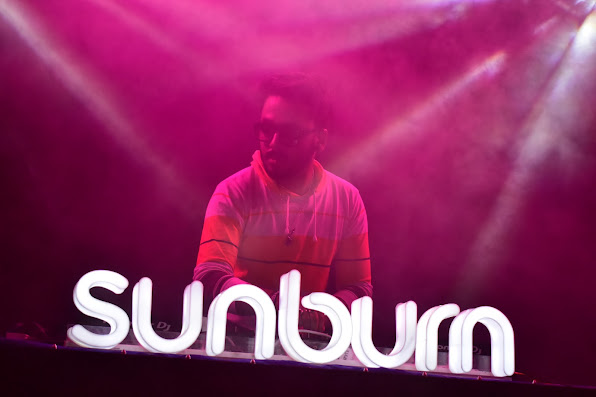Plugins Alan Walker Use to Produce
Alan Walker has been producing music since his teen and is or was a bedroom producer just like the most of us. I personally love his creativity when it comes to him making those sweet little sounds in the big hits.
I love to research and find out what that big artist uses and gives me immense pleasure to share it with others like me. Maybe I just feel like when I know what they use it makes me feel like we can relate to those big artists.
Though he’s known to make his original sounds for his music.
Some of the plugins, synths, and DAWs used by Alan Walker.
What DAW does Alan Walker use?
In the song FADED, he mostly uses FL Studio and it can be seen in the above video.
What VSTs does he use?
Walker uses a lot of VSTs most of them are premium plugins. Keep in mind that he also makes his own sound/synth whenever he feels necessary and that is something even you should be implementing in your music-making. Creating your own sounds gives you the ability to stand out from the masses and sets you apart. Who doesn’t want to be unique?
So in terms of VSTs here is the list you have been waiting for,
Synths:
- Sylenth1 – Almost every new age producer’s favorite one. Sylenth1 is a little pricey but comes with amazing presets and you can also buy or get more for free. Alan Walker uses Sylenth1 for making his hits.
- Nexus – ReFX nexus is a powerful synth that comes with mind-blowing sounds. Even the default synths, bass, etc sounds wonderful and with a few tweaks, you will be able to come up with some crazy music.
- Spire – Spire is another extraordinary synth/plugin that has a wide variety of presets. It has over 8 banks of presets. In the behind the scenes videos of Alan Walker you can see him using this.
- Stock Synths – It’s all about using what you have and how you can tweak it to make it more you. Once you find your style of music and know how to operate the plugins you’ll be able to make some sweet tweaks to get unique sounds. Alan Walker and other big artists are known to make their own synth and sounds.
Plugins:
- Waves Plugin – Waves bundle is one hell of a plugin package. It has everything you need to implement effects.
- Antares Auto-Tune Evo – A must-have autotune plugin. It is a go-to plugin when it comes to autotune/ pitch correction etc.
- TAL plugins – TAL plugins come with one of the finest tuned plugins. You can find more about TAL here.
- Kickstart Sidechain Compression Plugin – Compression is key and it is a very important plugin to make your beats and effects stand out depending on the effect you’re going for. regardless of what level you are in producing this plugin is a must-have on the list.
- EchoBoy Echo Plugin – This title of this plugin says it all. This is seen used by Alan Walker in the documentary.
What hardware does he use?
- AKAI Pro LPK25
- MSI Shadow GS30
- AKAI MPK Mini
- Audio Technica ATR2500-USB
- Mackie Big Knob Studio Command System
- UA Apollo Quad Firewire



Comments
Post a Comment